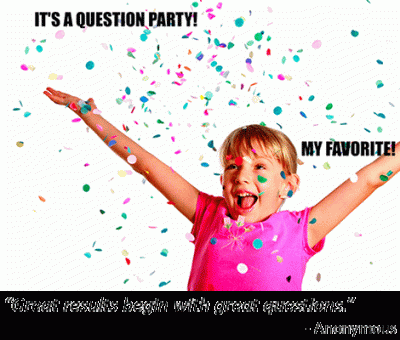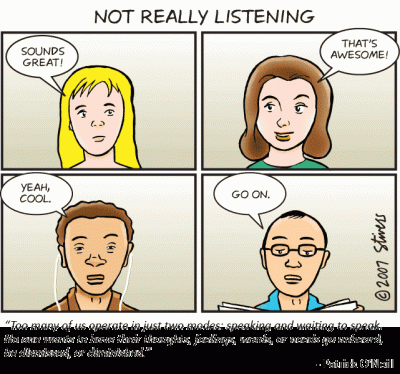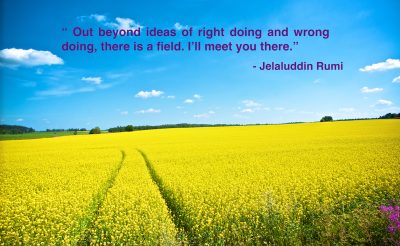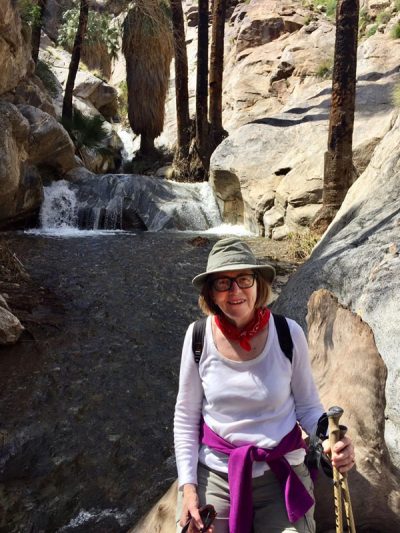In this time of “alternative facts” and “fake news,” the children’s rhyme, “Liar, liar, pants on fire”, doesn’t seem as amusing now as it might have when we were children. Lying or communicating falsehoods is a serious matter. It is serious enough to be addressed by one of the Ten Commandments that are foundational in Christianity, Judaism, and Islam (“Thou shall not bear false witness against thy neighbor.”) and one of the elements of Wise or Virtuous Speech In the Eight-fold Path for ending suffering in Buddhism (“abstinence from false speech”).
The perils of lying are even illustrated in one of Aesop’s best-known known fables “The Boy Who Cried Wolf” and the iconic stories about Pinocchio.
“False speech” undermines people’s trust and creates uncertainty among friends, colleagues and family members. When people lie, we then tend to question everything they say. As the old man who tries to comfort the shepherd boy in Aesop’s fable said, “Nobody believes a liar…even when he is telling the truth!”
Being untrustworthy undermines relationships and creates disharmony. Right now, trust and harmony are qualities we need more than ever in our lives.
Saying things that aren’t true also affects those who say them. I still remember the embarrassment I felt lying to my cousin when he caught me walking home from school early one morning in Adams, Massachusetts. “School was canceled,” my first-grade self exclaimed. I can still feel the shame I felt when he handed me over to my justifiably skeptical mother. It was painful to experience her mistrust of me for a time after this. I now know that I was experiencing the discomfort of “cognitive dissonance” or the conflict between one’s thoughts and words.
In addition, lying also reflects badly on and creates mistrust in the group or institution that the untruthful person is a part or representative of. If you can’t trust someone to speak the truth, can you trust the group or institution they are speaking for? All in all, falsehood undermines the social fabric of our society.
It seems we all “lie” in big or small ways every day. When someone asks us how we are, we say we are fine even when we are not. We avoid telling people when they hurt our feelings. We tweak numbers and obfuscate performance at work. We don’t openly disagree with colleagues even when we do.
What leads us to lie, withhold accurate information, exaggerate, or create false impressions? Usual reasons include saving face, making a good impression (i.e., being loved or admired), keeping the peace and avoiding conflict, not hurting others’ feelings, gaining advantage over others, protecting one’s job or status, avoiding doing what you don’t want to do (School was canceled!), or creating confusion in order to distract people from the truth.
The unfortunate impact is that in the face of confusion and misinformation, people get cognitively overloaded and give up trying to discern fact from fiction.
Telling the truth is often not easy. For the sake of our relationships and the social fabric of our society, and to engender trust and confidence in the institutions that make civil society possible, we need to start telling the truth more and asking for the same from others.
Mary’s book “Talk Matters! Saving the World One Word at a Time” is now available. Click here to purchase it.








